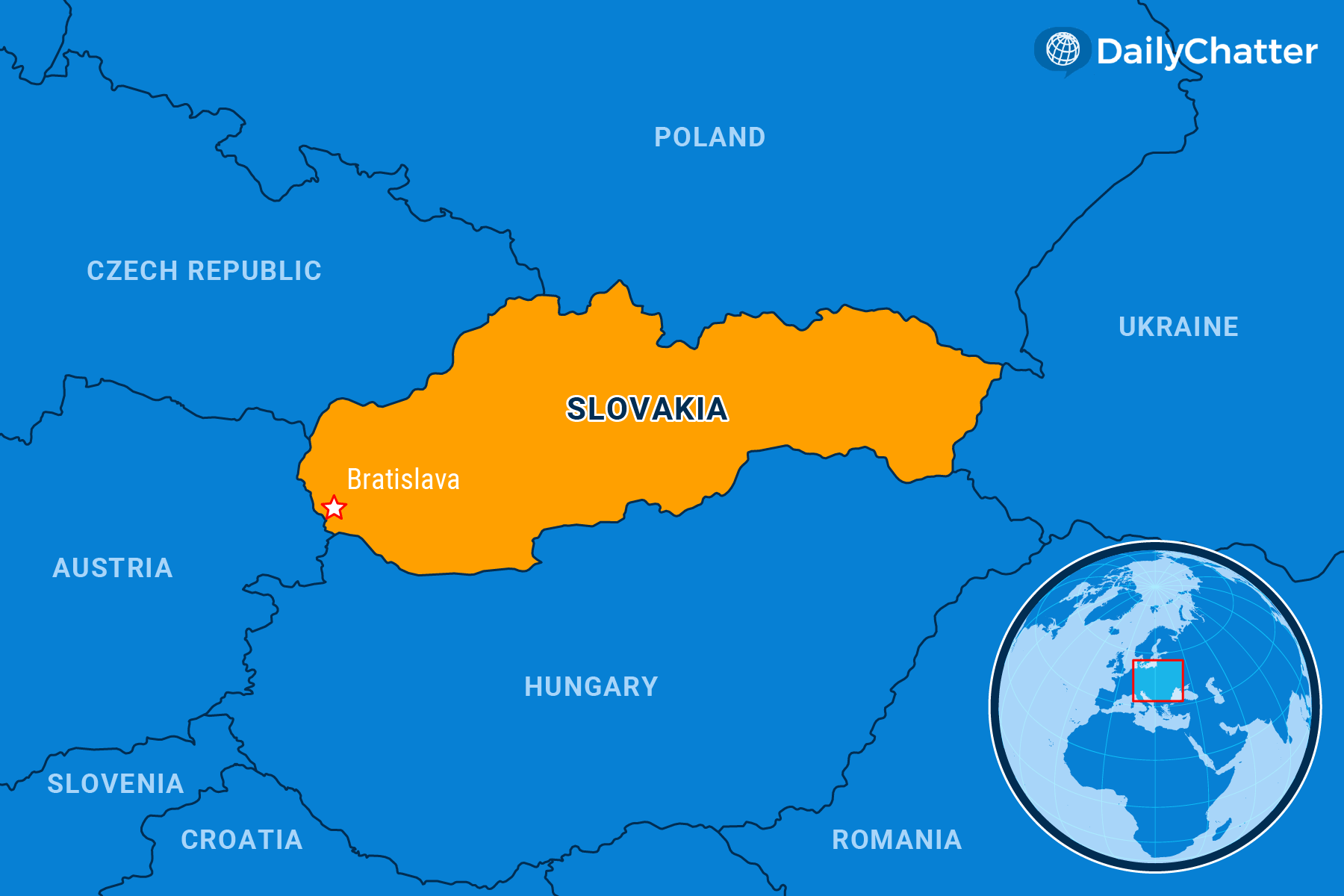
The World Today for March 22, 2024
NEED TO KNOW
Up for Grabs
SLOVAKIA

Thousands of Slovaks took to the streets of their capital of Bratislava recently to protest the pro-Russian stance of Prime Minister Robert Fico and his Smer-SD political party. As Reuters reported, Fico has been critical of European military aid to Ukraine, while seeking to improve relations with Russia.
Fico, for example, was “overjoyed” when European Union officials recently removed Jozef Hambálek from a list of sanctioned individuals, wrote Politico. Hambálek was a Slovak leader in the Nightwolves Motorcycle Club, a pro-Russian group that participated in the Russian invasion of Crimea in 2014. Fico had opposed the sanctions.
Fico’s defense minister recently suggested that European officials, rather than discussing military aid for Ukraine, should be repatriating Ukrainian men back home so they can join the war, reported Ukrainian Pravda.
Now, this tension between pro-Russian and pro-Western camps in Slovakia has become a major issue in the Central European country’s presidential election on March 23. Slovakia’s president’s powers are largely ceremonial. But the victor will have the power of the bully pulpit during what could be very tumultuous years in Europe.
Slovakia’s current President Zuzana Čaputová, whom the Financial Times described as “a standard bearer for liberal politics in central Europe,” has warned that Fico was testing “the limits of democracy” with his illiberal policies, including exerting more control over the judiciary and undermining anti-corruption investigators, a stance that has inspired protests for months.
Čaputová is now suing Fico for describing her as an “American agent” who works for George Soros, the progressive Hungarian-American financier, philanthropist, and political donor who is the subject of right-wing conspiracy theories, noted Euractiv. She similarly filed and won a case against Smer leader L’uboš Blaha, who called her a “traitor” working for Western interests.
She likely opted not to run for president again because of these headaches, added Foreign Policy.
Parliament Speaker Peter Pellegrini, a Fico ally, and former Foreign Minister Ivan Korčok, a pro-Western career diplomat, were initially considered as the main contenders for the job, according to the Associated Press.
Pellegrini replaced Fico for two years after Fico resigned amid protests related to the murder of investigative journalist Jan Kuciak and his fiancée Martina Kušnírová in 2018, explained the Slovak Spectator.
Pelligrini’s win would embolden Fico to push Slovakia harder into Russia’s camp, argued Chatham House. Balkan Insight agreed, saying Čaputová has been one of the few checks on his quest for more power.
Korčok, meanwhile, Slovakia’s ambassador to the EU, Germany, and the US, has pledged to keep Slovakia firmly involved in the EU and NATO.
Still, analysts say the main check on Fico’s power is going to be Slovakia’s need for funds.
“Robert Fico and his government, they really need EU funds,” Katarina Klingova of the Centre for Democracy & Resilience at the GLOBSEC Policy Institute, based in Bratislava, told Balkan Insight. “So he’s definitely going to toe the line and adhere to EU policies and support EU policies.”
To read the full edition and support independent journalism, join our community of informed readers and subscribe today!
Not already a subscriber?
If you would like to receive DailyChatter directly to your inbox each morning, subscribe below with a free two-week trial.
Support journalism that’s independent, non-partisan, and fair.
If you are a student or faculty with a valid school email, you can sign up for a FREE student subscription or faculty subscription.
Questions? Write to us at [email protected].
